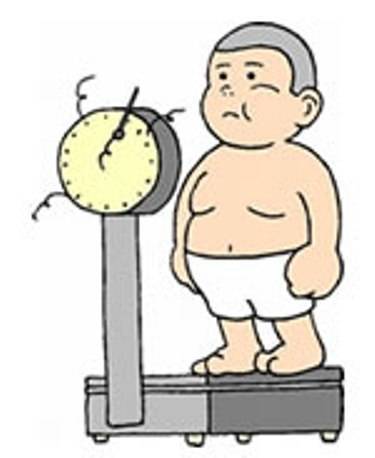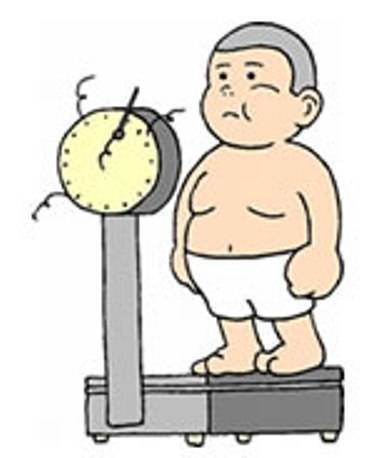The German Association for Obesity stated that childhood obesity has several causes, the most prominent being the excessive intake of calories through nutrition and low rates of burning them due to insufficient physical activity, leading to the accumulation of excess fat in fat cells.
The association explained that hormones related to growth and energy balance also play a significant role in obesity, such as the thyroid hormone (thyroxine), which regulates metabolism and body temperature. If the body contains too little of this hormone, body weight increases.
The hunger hormone "leptin" is formed in fatty tissues and informs the brain about the amount of stored energy. If the fat mass breaks down and the level of "leptin" decreases as a result, this hormone triggers a strong feeling of hunger, causing the child to want to eat.
The association warned about the dangers of obesity in children, as it raises the risk of developing type 2 diabetes, lipid metabolism disorders, non-alcoholic fatty liver disease, and cardiovascular diseases, in addition to negatively affecting psychological well-being and self-esteem.
To diagnose obesity in a child, the Body Mass Index (BMI) is calculated, which is an estimate of body fat percentage based on weight relative to height, while considering age and sex.
The association indicated that childhood obesity can be fought by modifying the diet, specifically avoiding fatty foods and fast meals, along with regular exercise and physical activities.




